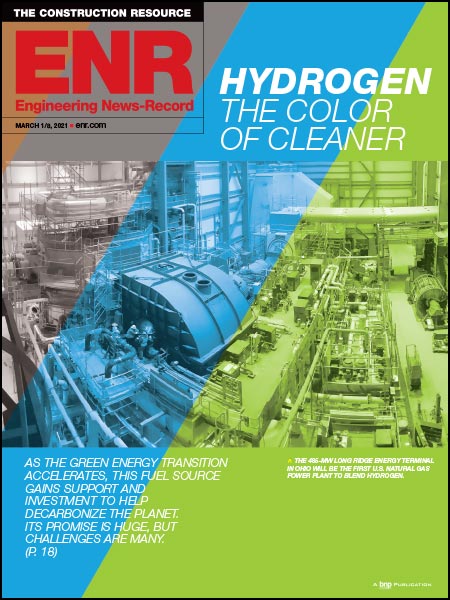
Applying its own innovative thinking, Carnegie Mellon University decided last year to unite graduate programs in engineering, fine arts design and business in what it calls "an unprecedented market-focused center designed to speed the pace of innovation."
As it passes its first anniversary, the Pittsburgh school's Integrated Innovation Institute offers or plans to offer degree programs in three states; student projects have gone commercial and more than 100 new graduate participants have signed for next year.
While two of the institute's degree programs go back a decade, the institute allows participants to cross-train in the three disciplines it considers the core of innovation and offers a "pilot laboratory" where grad-student teams tackle corporate-sponsored challenges "with real-world rigor and accountability," as well as seeking engineered solutions for larger social issues.
The institute "upends the traditional linear, silo approach to new product development, and enhances thinking and results," says Jonathan Cagan, a mechanical engineering professor who is the institute's co-director and director of innovation and entrepreneurship at CMU's Carnegie Institute of Technology. "It could take people 15 years to gain the experience these students get in a year."
The institute includes a product innovation focus in Pittsburgh, another on software in Silicon Valley, Calif. and a third in integrated media set to start in New York City in late 2015. "If you want to be an engineer and reach across disciplines, we can help that," says Cagan.
Cagan notes that students were key to devising a shuttle clamp for safety lines on high-rise construction sites that allow workers to pass each other in tight spaces without unhooking. The research was sponsored by mine and construction safety product maker MSA, with the "Bypass Shuttle" hitting the market last fall, says Cagan.
Students also designed improved driver living space in long-haul trucks and developed a prototype for a self-sustainable water purification system.
Jason Jura, a CMU mechanical engineering grad, calls enrolling in the program "one of the best decisions I have made in my life."
He says his undergraduate degree "left me unsure of what I wanted to do, and which field I wanted to focus on. The one thing that was really missing was the relation to a marketable product. Yet this is critical, because most of us who graduate with engineering degrees will work for companies making new products and technologies."
Jura adds that "many companies in the Fortune 500 some 50 years ago are no longer there because they didn't adapt and innovate. The [institute] experience creates people who are prepared for this new market."
He adds that the Institute grad experience "allowed me to apply that background knowledge, gain experience with corporate sponsors and be more prepared."
According to Jura, the student involvement in the MSA safety clamp development "was a learning experience" for the company as well.
"Seeing the CEO of MSA talk so highly of the project from our group, and talk not only about how excited he is about it, but also the admiration from competitors really says it all," says Jura.
Jura now is a research design engineer at equipment giant Caterpillar working on machine concepts. "I get to work on projects that rethink and reshape our product line and the market."
He foresees a long career in research but does not rule the possibly of creating his own startup. "I am just waiting for the idea that seems right to me," says Jura.






Post a comment to this article
Report Abusive Comment